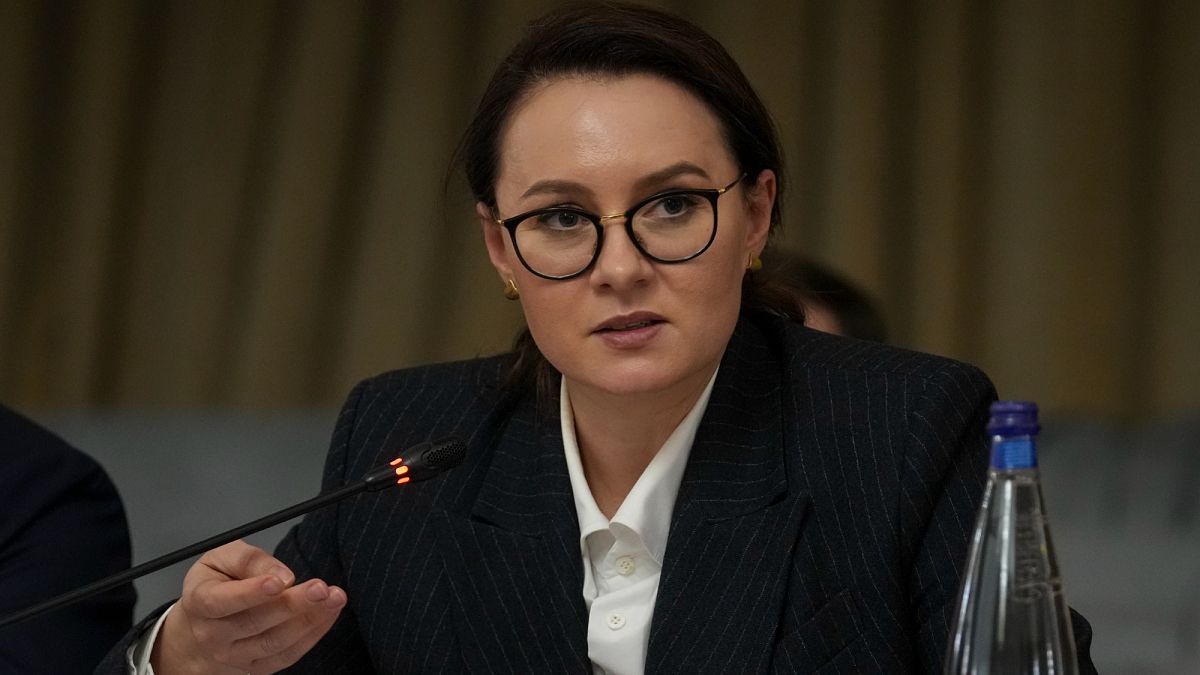

In a significant reshuffle, Ukrainian President Volodymyr Zelenskyy has appointed Yulia Svyrydenko as the new Prime Minister of Ukraine. Svyrydenko, who previously served as Deputy Prime Minister, boasts a robust background in economics, including tenures as the Minister of Economic Development and Trade and as Deputy Head of the Office of the President. Her appointment marks a pivotal moment in Ukraine’s political landscape, reflecting the country’s continuous efforts toward economic stabilization and reform amidst ongoing regional tensions.
Amidst this leadership transition, international dynamics surrounding Ukraine are also evolving. The United States has reaffirmed its commitment to Ukraine’s defense by announcing plans to sell sophisticated Patriot air defense systems and other military equipment to Kyiv. President Donald Trump recently highlighted the U.S. support for Ukraine as a response to heightened frustrations with Russia, which has shown resistance to ceasefire agreements. This decision follows a productive meeting between U.S. representatives and President Zelenskyy, aimed at solidifying military support amidst ongoing geopolitical challenges in Eastern Europe.
Additionally, the European Union is deliberating over a set of proposals concerning its relations with Israel. These proposals, spearheaded by EU officials, suggest various measures, including suspending visa-free travel and regulating imports from Israeli settlements. These actions come in response to what the EU perceives as breaches of the EU-Israel Association Agreement. However, member states have shown hesitance, reflecting the complexity and sensitivity of navigating international agreements and maintaining diplomatic relations.
In parallel, the geopolitical landscape remains tense with developments in the Middle East. A UN summit focused on a two-state solution for Palestine and Israel is on the horizon, rescheduled after delays due to the Israel-Iran conflict. French President Emmanuel Macron’s absence from the summit raises questions about its potential outcomes, particularly in terms of recognizing Palestinian statehood. Macron has previously expressed his belief that a two-state solution is vital for ensuring long-term peace and stability in the region. However, continued obstacles in ceasefire negotiations between Hamas and Israel indicate the complexity underlying diplomatic progress in the Middle East.
These developments illustrate a broader tapestry of political change and international relations, characterized by evolving alliances and complex diplomatic negotiations. As Ukraine navigates new political leadership and strengthens its defenses, the international community’s support remains a crucial component of its strategy. Meanwhile, global stakeholders continue to grapple with longstanding issues in regions like the Middle East, searching for sustainable solutions amid evolving geopolitical dynamics.
Source: {link}
